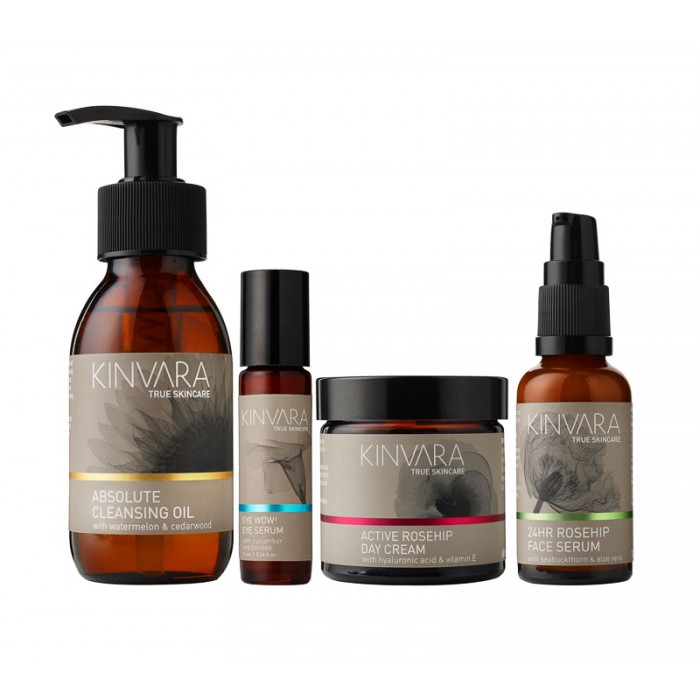I used to struggle with my skin. Frequent spotty outbreaks were the absolute bane of my life as a teenager and there were times when I felt too ashamed of my appearance to even leave the house. There were sometimes tears, too.
From about the age of 13 onwards, I suffered with blackheads, whiteheads, boils, zits… you name it! I was even diagnosed with acne in my 20s by my dermatologist and prescribed powerful antibiotics. But the only thing that has consistently worked for me over the past five years has been keeping a close eye on my diet and overall lifestyle. That’s one of the reasons why I’m so passionate about healthy eating and following a diet based on whole, fresh plant foods. It has literally changed my life and made a dramatic difference to my confidence.
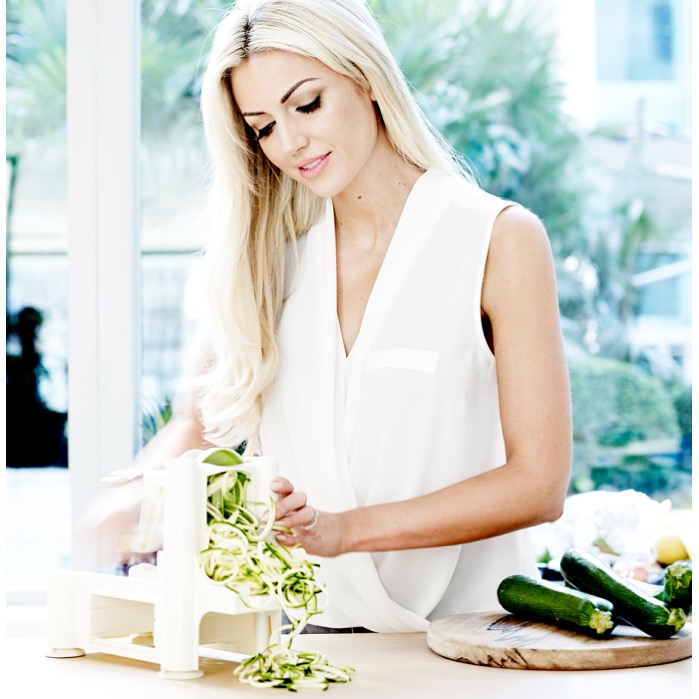
Thankfully, I have been able to cover up my blemishes with make-up over the years, and to this day I probably still wear more than I really need to sometimes, because I spent so much of my teenage years and twenties trying to cover up. I used everything from my hair, to scarves and hats to hide my skin.
It was when the myriad of tablets and topical treatments I tried failed to work for any longer than a short period of time, that I began to pay much closer attention to what was going on inside my body. I kept a strict food diary and began to see a pattern emerging. My skin would break out much more when I had been eating wheat-based foods and dairy products. The would crop up more in my diet if I was travelling and eating out in restaurants or staying in a hotel, as I would opt for cappuccinos, yoghurt, fruit and toast for breakfast, for example. Or I would reach for the bread basket every evening at a restaurant.
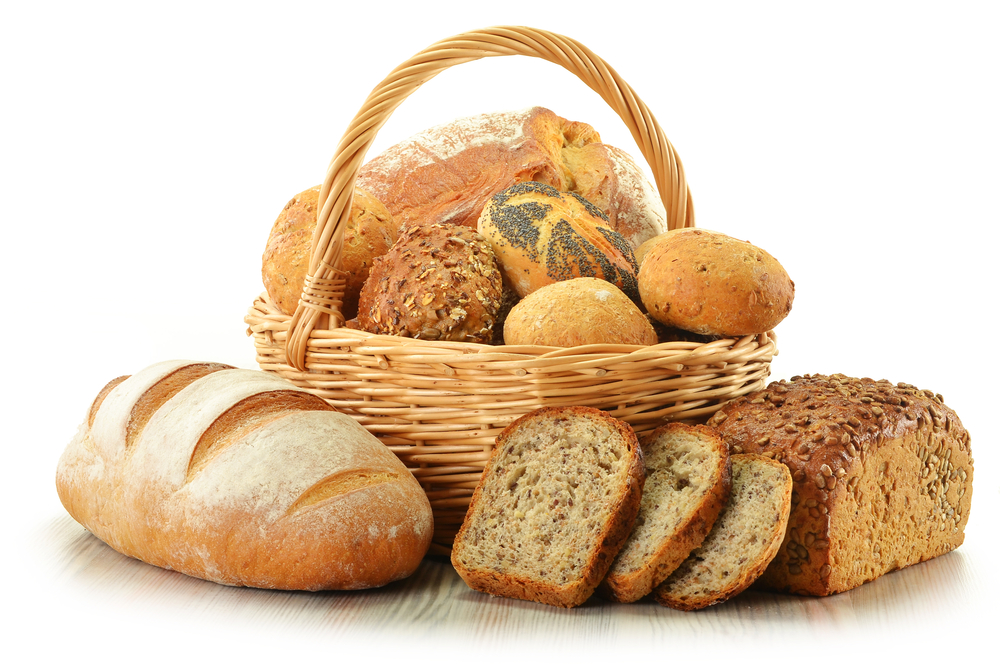
I cut both foods out and in a matter of weeks, my skin was noticeably calmer, less inflamed and blemishes were beginning to heal. I ended up going away to Spain for about 5 days during that period, where I decided to do a little experiment and eat bread each day. Sure enough, the spots returned! That was about five years ago, and I’ve had to be strict with my eating habits ever since.
We’re all different and what affects me may make absolutely no difference to you. But if you are suffering with your skin and have tried everything to control it, it is definitely worth taking a closer look at your diet and lifestyle.
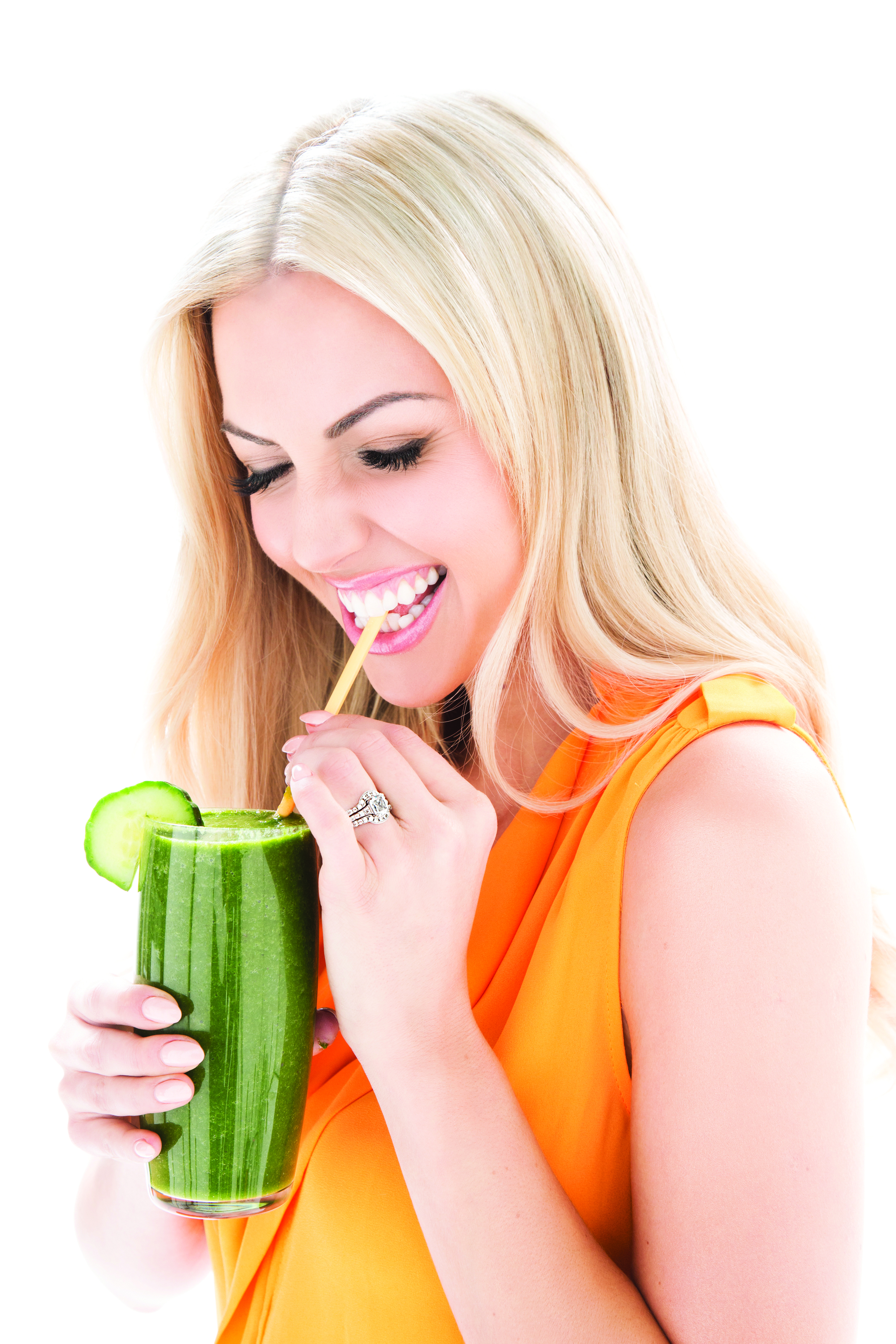
Why Does Acne Develop?
In my case, it was largely connected to food intolerances and the associated inflammation in my system. But there are various other reasons for acne developing, and it often points to something awry in your body’s biochemistry, diet or skincare routine. Yes, good hygiene can really help, and touching your face is best avoided to stop the spread of bacteria, but washing your face too often can also strip natural oils from the skin’s surface and dry it out.
For many women, hormonal fluctuations throughout your cycle can lead to breakouts, especially just before your period. The best thing to do in that case is try to eat a balanced diet with plenty of fresh, whole foods to help balance your hormones. Try to reduce your intake of caffeine, alcohol, refined sugar and processed foods.
An overgrowth of candida throughout your system is surprisingly common yet often undiagnosed, and can be one reason for acne breakouts amongst many other health problem. Refined sugar feeds the overgrowth of candida, and must be eliminated for your diet for at least 2-3 months, to enable it to clear up. Alcohol, sweet fruits, dried fruits and fruit juice must be avoided too. I’ve suffered with candida overgrowth in the past, and found that caprylic acid and oregano oil were very helpful. Both are supplements available in good health food shops.
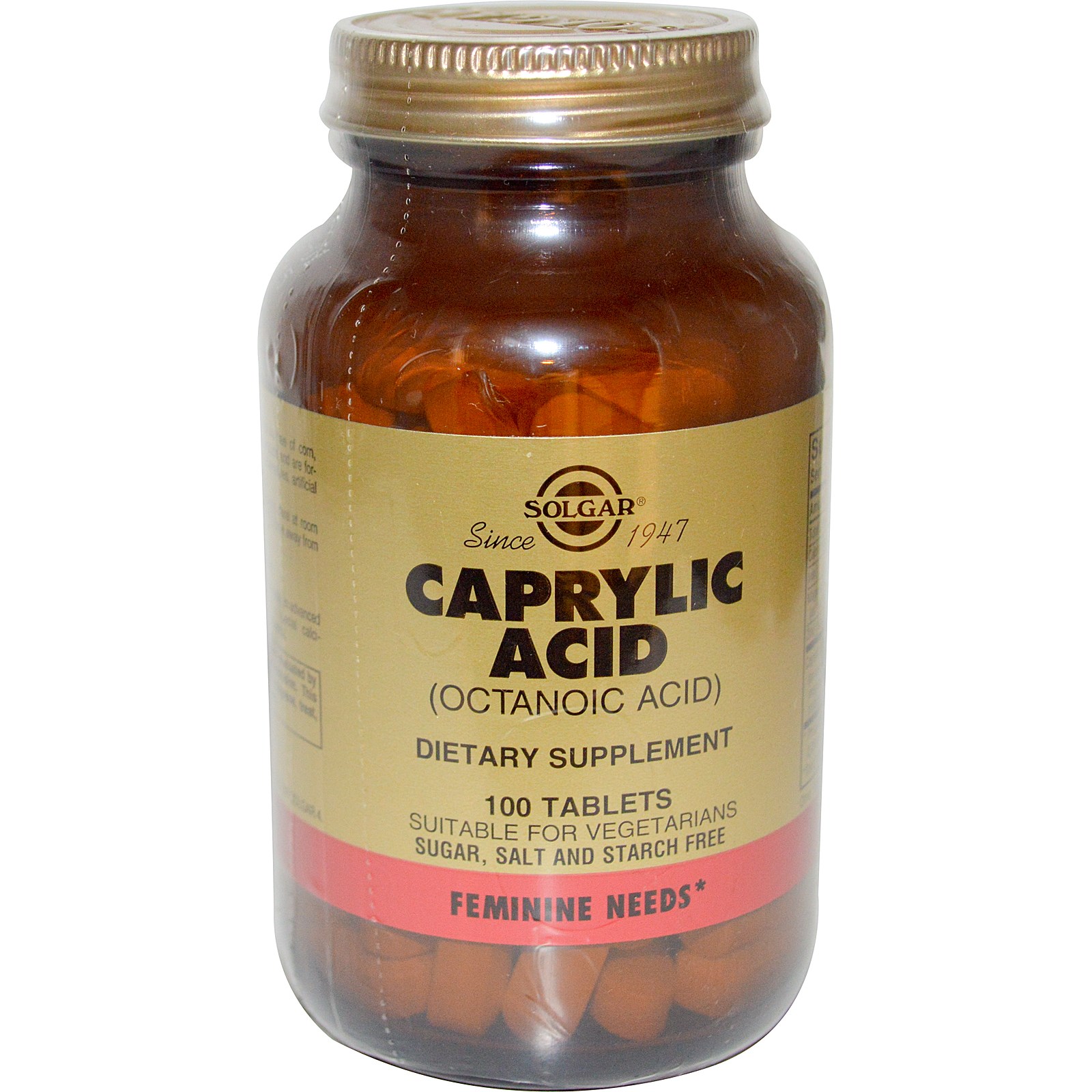
Acne and oily skin can also be hereditary. Other possible causes of acne include chronic stress, difficulty absorbing certain nutrients, the use of drugs such as steroids and a diet deficient in certain important nutrients, including vitamin A and zinc.
As the body’s biggest organ, one of your skin’s principle jobs is to get rid of toxic waste products via the sweat ducts. That’s why regular exercise to work up a sweat is so important. But if your other detox organs, the liver and kidneys, are under pressure with excess toxic waste to process from your food, drinks, medication and environmental toxins, then the skin will help out. Releasing toxic build-up through the pores of your skin may agitate its normal environment, and this is recognised as a fundamental issue behind skin problems like acne. Clogging your pores from the outside with dirt, oil, make-up and environmental pollution may also lead to spots, and that’s where a good daily cleansing routine is also so important.
But if you’re using the best cleansers and moisturisers for your skin and still experiencing acne break-outs, then it really is time to address potential internal problems.
Here are my top tips for tackling acne:
- Eating a diet high in fresh fruit and vegetables, and low in white flour and processed foods, has been shown in studies to improve acne. It’s important for sufferers to greatly reduce or eliminate all processed foods, and to focus on a diet rich in fresh, high-fibre whole foods. These include colourful fruit and vegetables, lean protein, grains include quinoa, millet and brown rice and healthy sources of fat.
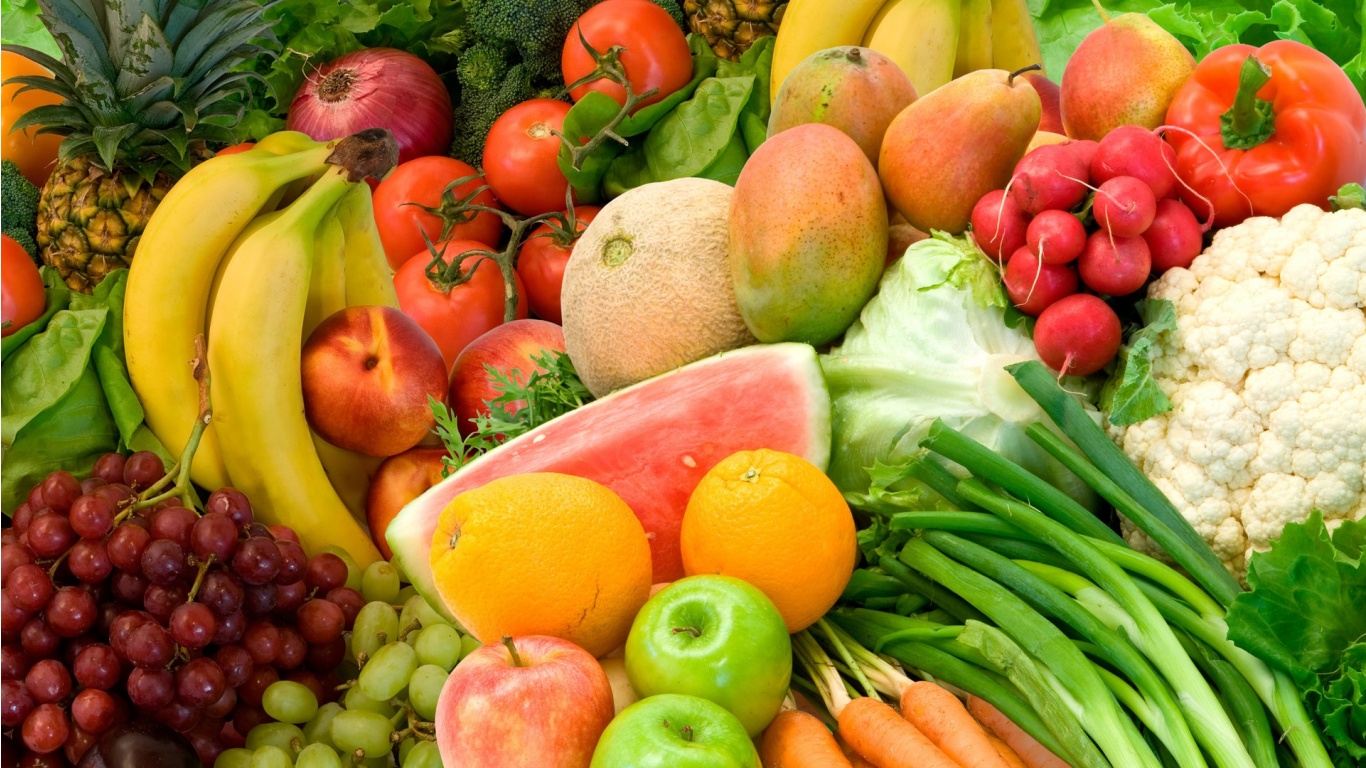
2. Zinc is an important mineral for healing our skin and helping to improve immune system health. I would encourage acne sufferers to eat plenty of zinc-rich foods, such as pumpkin and sunflower seeds, spinach, beans and mushrooms.
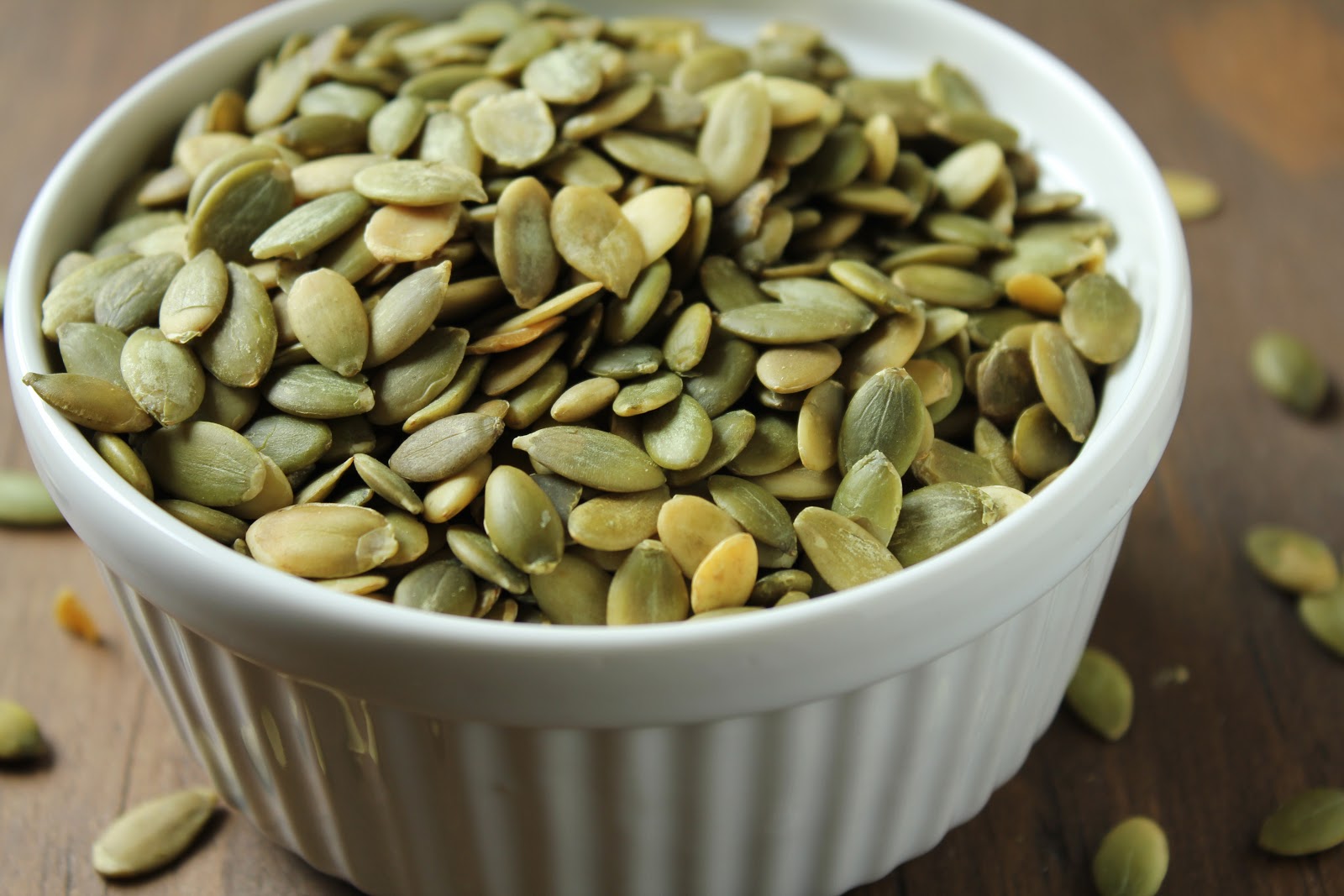
3. I have found that probiotics are excellent for encouraging clear, healthy, spot-free skin. They help to improve the health of our gut, boost our energy, support our liver and immune system, increase our digestion and our ability to absorb nutrients. Try taking a good probiotic capsule every evening after dinner, such as Udo’s Choice Super 8 (from €20.99)
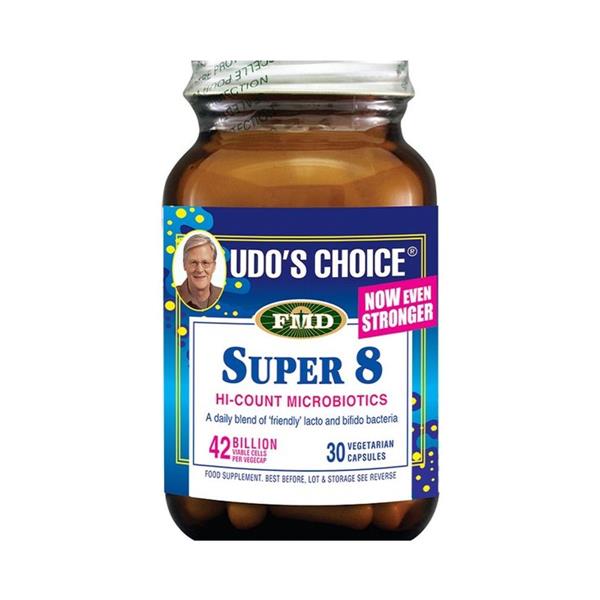
4. Vitamins C, E and A are absolutely essential for building clear, healthy skin. These include foods like berries, bell peppers, almonds, sesame seeds, avocados, sweet potatoes, butternut squash, carrots, leafy green vegetables, cabbage and broccoli.
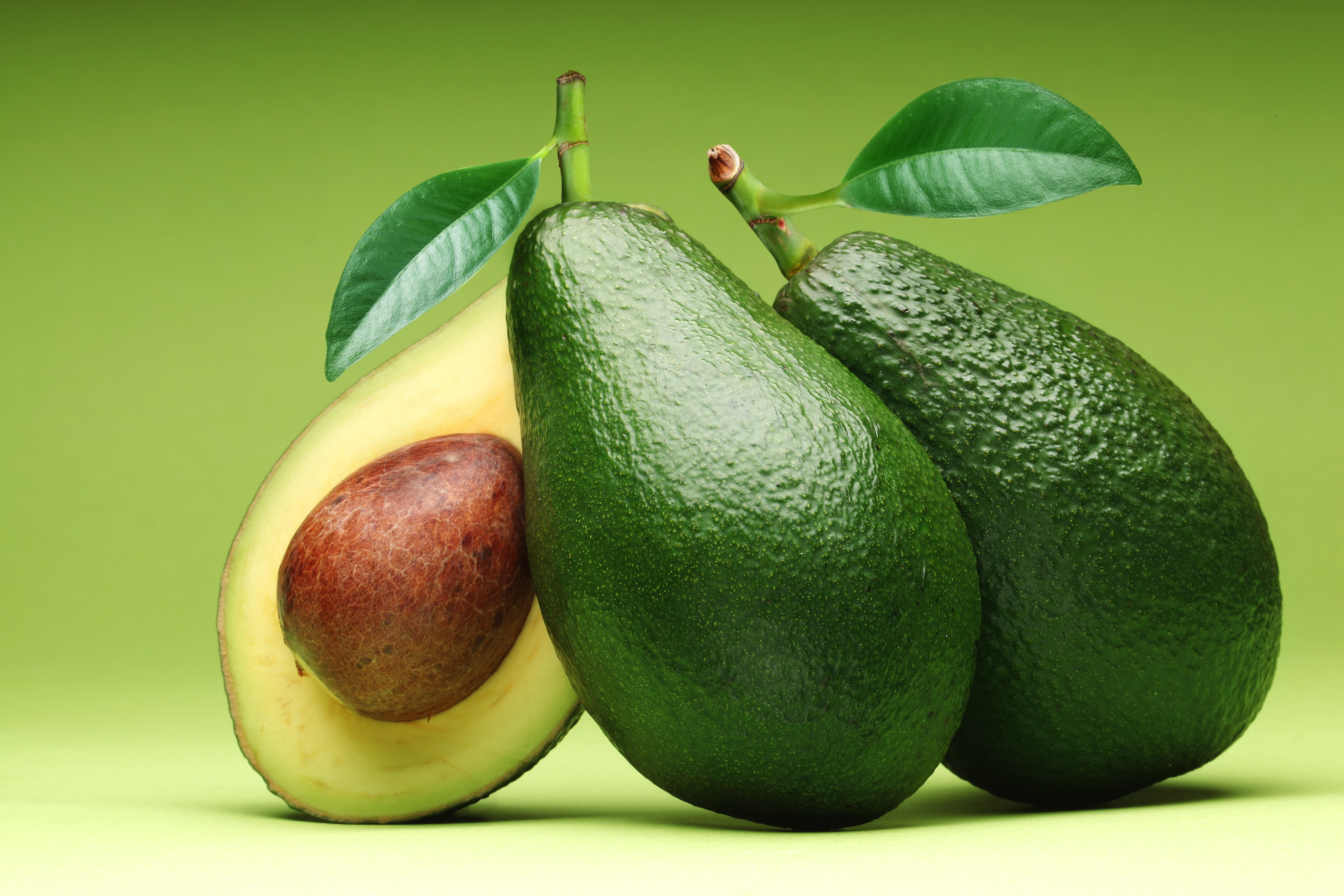 5. Omega-3 fats are helpful for clearing up acne, reducing inflammation and building smooth, supple skin. Aim to eat chia seeds, hemps seeds, walnuts and ground flaxseed regularly. If you’re a fish eater, wild salmon, mackerel and sardines are useful sources.
5. Omega-3 fats are helpful for clearing up acne, reducing inflammation and building smooth, supple skin. Aim to eat chia seeds, hemps seeds, walnuts and ground flaxseed regularly. If you’re a fish eater, wild salmon, mackerel and sardines are useful sources.
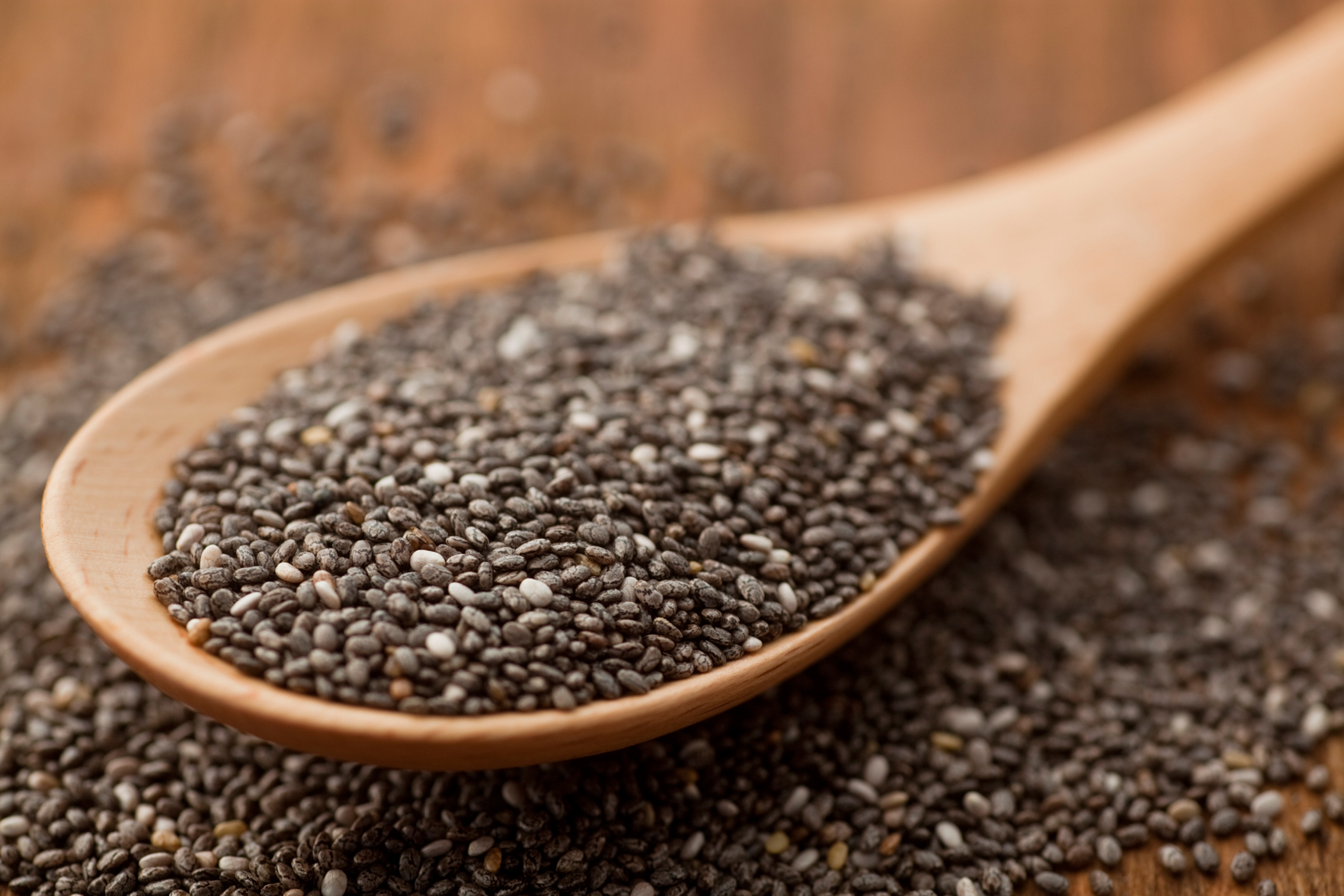 6. Water, water, water! I know this is recommended time and time again, but H2O is the quickest way to flush toxins out of our body, clear up our skin and boost our energy levels. Aim for at least eight glasses a day and more in warm weather or if you’re exercising.
6. Water, water, water! I know this is recommended time and time again, but H2O is the quickest way to flush toxins out of our body, clear up our skin and boost our energy levels. Aim for at least eight glasses a day and more in warm weather or if you’re exercising.
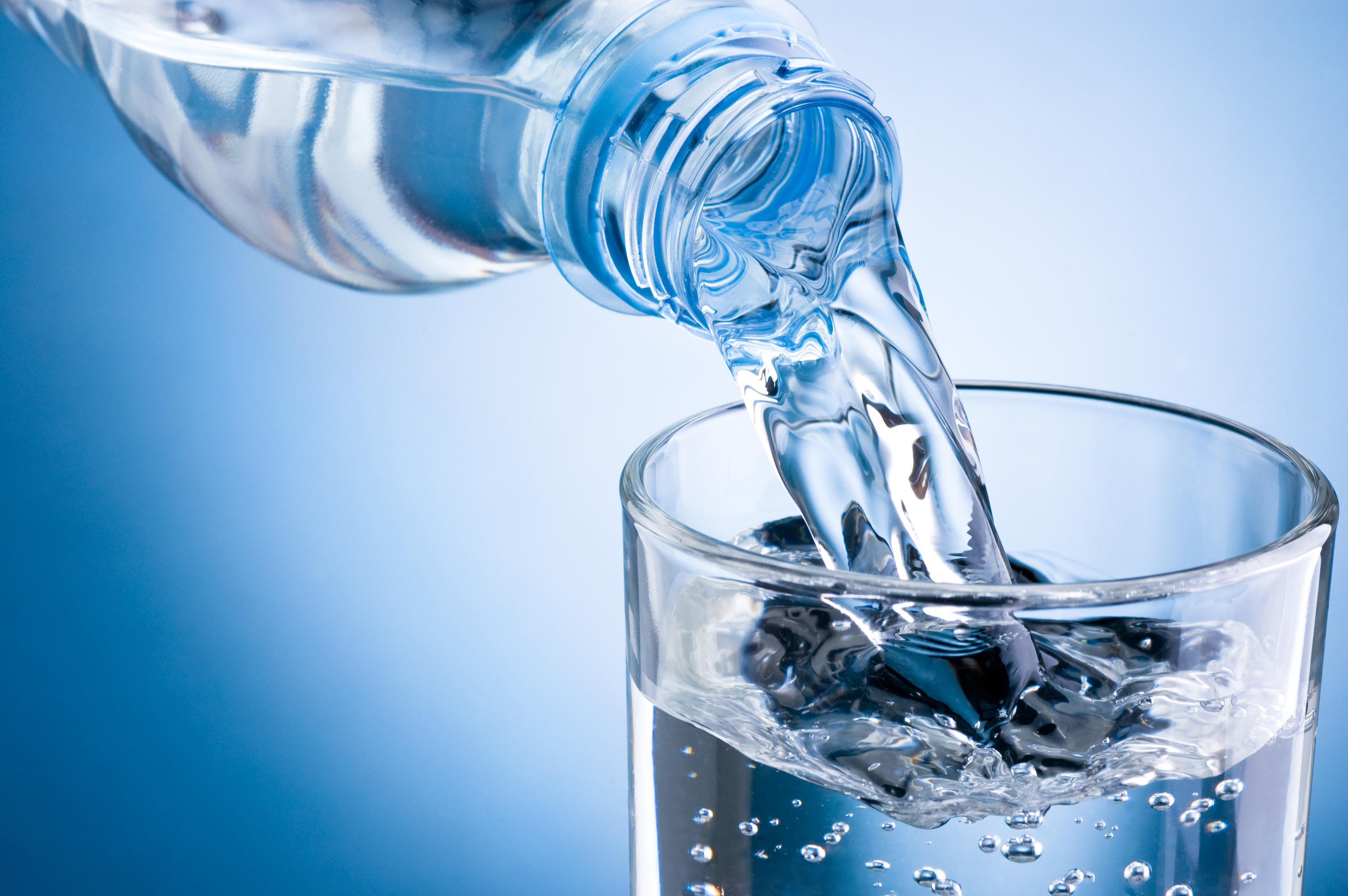
7. I would strongly advise to remove refined sugar from your diet as much as possible when trying to clear up acne, as it may aggravate it in some people. Refined sugar also lowers our immune system and feeds yeast in our system, potentially leading to a candida overgrowth. It’s best to avoid fizzy drinks and fruit juices too. Check out my post on quitting sugar for my top tips.

8. Avoid excess stress as much as you can. I know this isn’t always easy for any of us, but our stress hormones circulating our system regularly may lead to a hormonal imbalance, which is linked to acne break-outs. I find that exercise, meditation, deep breathing and taking regular short breaks from the computer all help me.

9. Keep skin clean, free from excess oils, and wash your hair regularly. Try to use natural skincare and mineral-based makeup, and avoid the temptation to squeeze your spots! I really like the natural, organic and Irish-made range from Kinvara Skincare.
